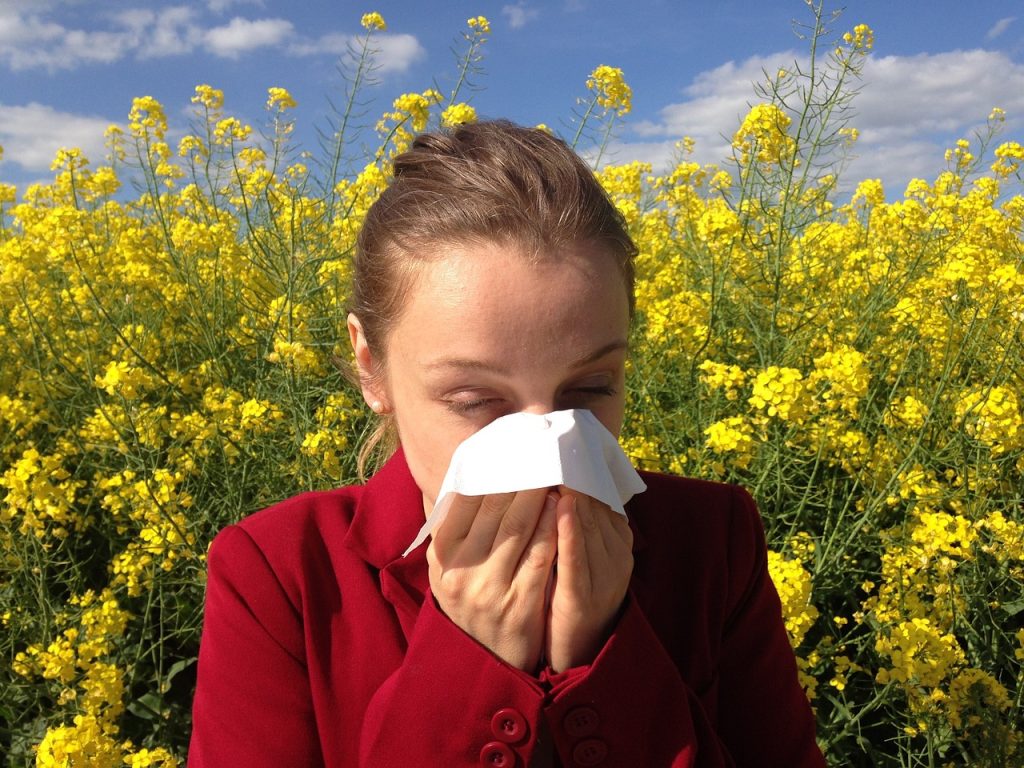Treating allergic reactions involves taking steps to relieve the symptoms and prevent the allergic response from becoming severe. Here’s a simplified explanation of how to treat allergic reactions:
- Identify the Allergen: The first step is to try and identify the substance that triggered the allergic reaction. It could be anything from food (e.g., nuts, shellfish), medications, insect stings, pet dander, pollen, or certain materials.
- Avoid the Allergen: Once you know the allergen, the best approach is to avoid it as much as possible. This might mean making dietary changes, using air purifiers, or taking precautions when going outside during high pollen seasons.
- Antihistamines: Allergic reactions occur when the body releases histamines in response to the allergen. Antihistamines are medications that block the effects of histamines, helping to reduce symptoms like itching, sneezing, runny nose, and hives. Some examples of antihistamines are Zyrtec, Allegra, Claritin, Benadryl, and more.
- Corticosteroids: In more severe allergic reactions, like allergic asthma or skin inflammation, doctors might prescribe corticosteroids. These are powerful anti-inflammatory drugs that can help bring down swelling and inflammation.
- Epinephrine (EpiPen): For life-threatening allergic reactions, known as anaphylaxis, emergency treatment with epinephrine is crucial. Epinephrine (commonly administered through an EpiPen) helps to rapidly reverse the severe symptoms and can be the difference between life and death. If someone has a history of severe allergies, they might carry an EpiPen with them at all times. For children in school, It is usually recommended to keep one at home and one at school.
- Consult a Doctor: It’s essential to consult with a healthcare professional if you experience allergic reactions. They can help you identify the allergen, develop an action plan, and prescribe the appropriate medications if needed.
- Desensitization (Allergy Shots): In some cases, if allergies are severe and not manageable with avoidance and medications, a doctor may recommend allergy shots (immunotherapy). These are injections that gradually expose the body to the allergen, helping the immune system become less reactive over time.
Remember, allergic reactions can range from mild to life-threatening, so it’s essential to take them seriously. If you or someone else experiences symptoms like difficulty breathing, swelling of the face or throat, or a rapid-onset rash after exposure to a known allergen, seek immediate medical attention or administer epinephrine if an EpiPen is available. Always carry out treatment as advised by a healthcare professional.

